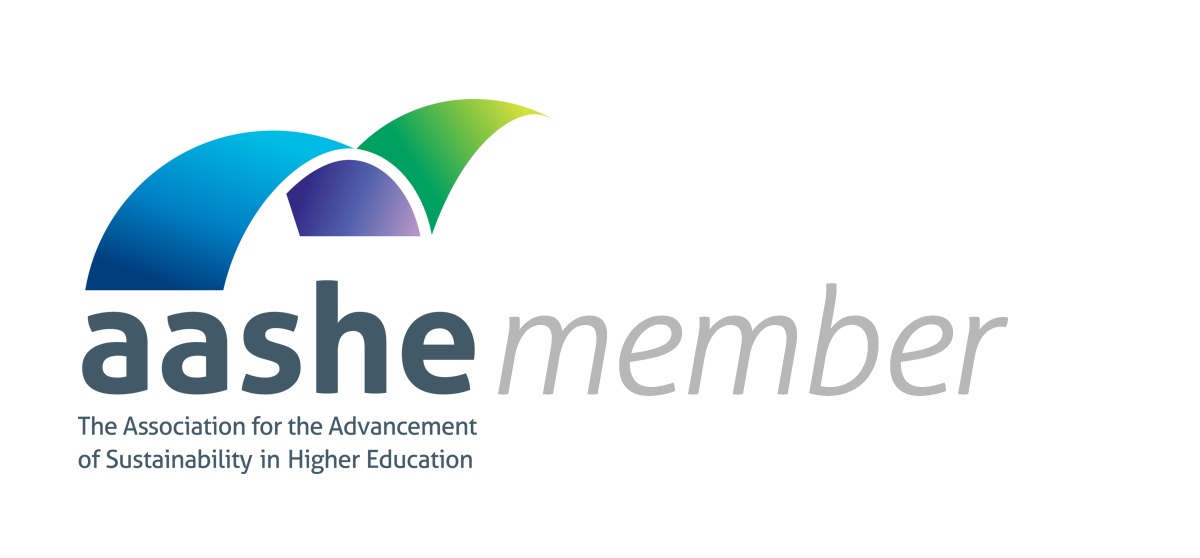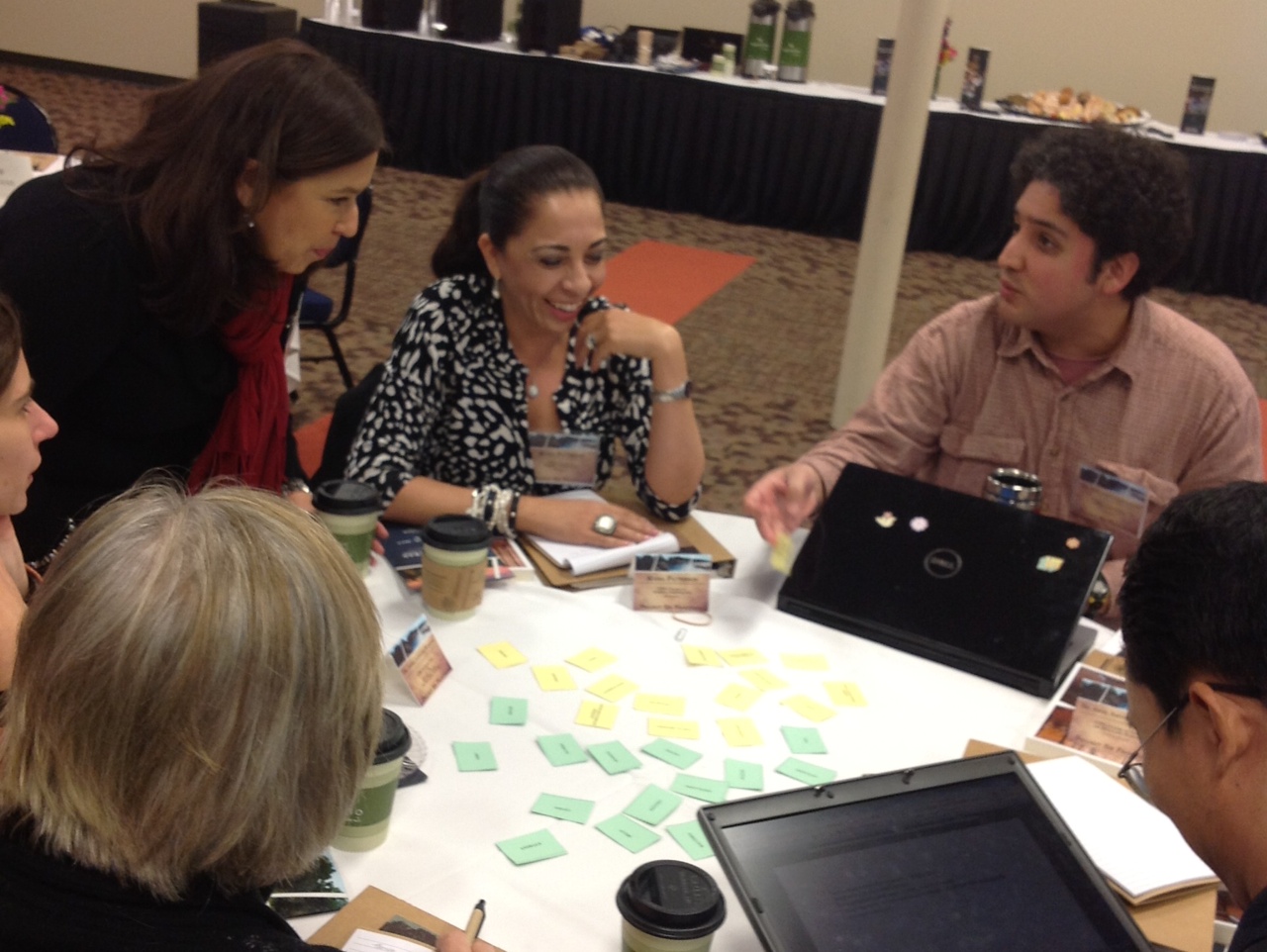

 What happens when you mix talented faculty, visionary leaders and a dynamic culture? You get Project Sin Fronteras (“without borders”) , a professional development program to infuse sustainability concepts and practices into the curriculum at the University of Texas Pan American and Brownsville campuses.
What happens when you mix talented faculty, visionary leaders and a dynamic culture? You get Project Sin Fronteras (“without borders”) , a professional development program to infuse sustainability concepts and practices into the curriculum at the University of Texas Pan American and Brownsville campuses.
Creative Change was a part of this program and worked with an energetic group of faculty to integrate sustainability into a range of courses. Using our Inquiry as Narrative approach to course design, we guided participants through the process of creating or revising a course syllabus.
In this region along the US-Mexican border, language and culture play significant roles in sustainability. Discussions went far beyond environmental issues, with faculty integrating social justice and community engagement into a range of courses including marketing, social work, philosophy, nursing and history.
“Faculty proclaimed your session as one of the best pedagogy workshops they had ever attended,” says Amy Hay, one of the program organizers.
.jpg) Located in Michigan's northern Lower Peninsula, North Central Michigan College (NCMC) is developing an "Environmental & Sustainability Studies" 2-year Associate’s Degree Program.
Located in Michigan's northern Lower Peninsula, North Central Michigan College (NCMC) is developing an "Environmental & Sustainability Studies" 2-year Associate’s Degree Program.
To support course development, we provided an on-site program focused on instructional design. Using our Inquiry as Narrative approach, faculty reframed their syllabi to be more interdisciplinary and focused on community problem-solving. For example, a team of three professors developed a course that links economics, philosophy and environmental science, and incorporates student research on local ecosystems.
Participant Seamus Norgaard expressed the enthusiasm of the participants. “Creative Change provided valuable insights and materials, as well as masterful guidance and facilitation for our faculty, as we strove to develop meaningful interdisciplinary curricula for students.”
The GLCA is a consortium of Midwest liberal arts colleges. We provided a two-day workshop focused on helping faculty from multiple colleges integrate sustainability into their courses. The program provided content-rich experiential learning, instructional design support, and one-on-one coaching as faculty created syllabus “makeovers” that incorporated sustainability concepts.